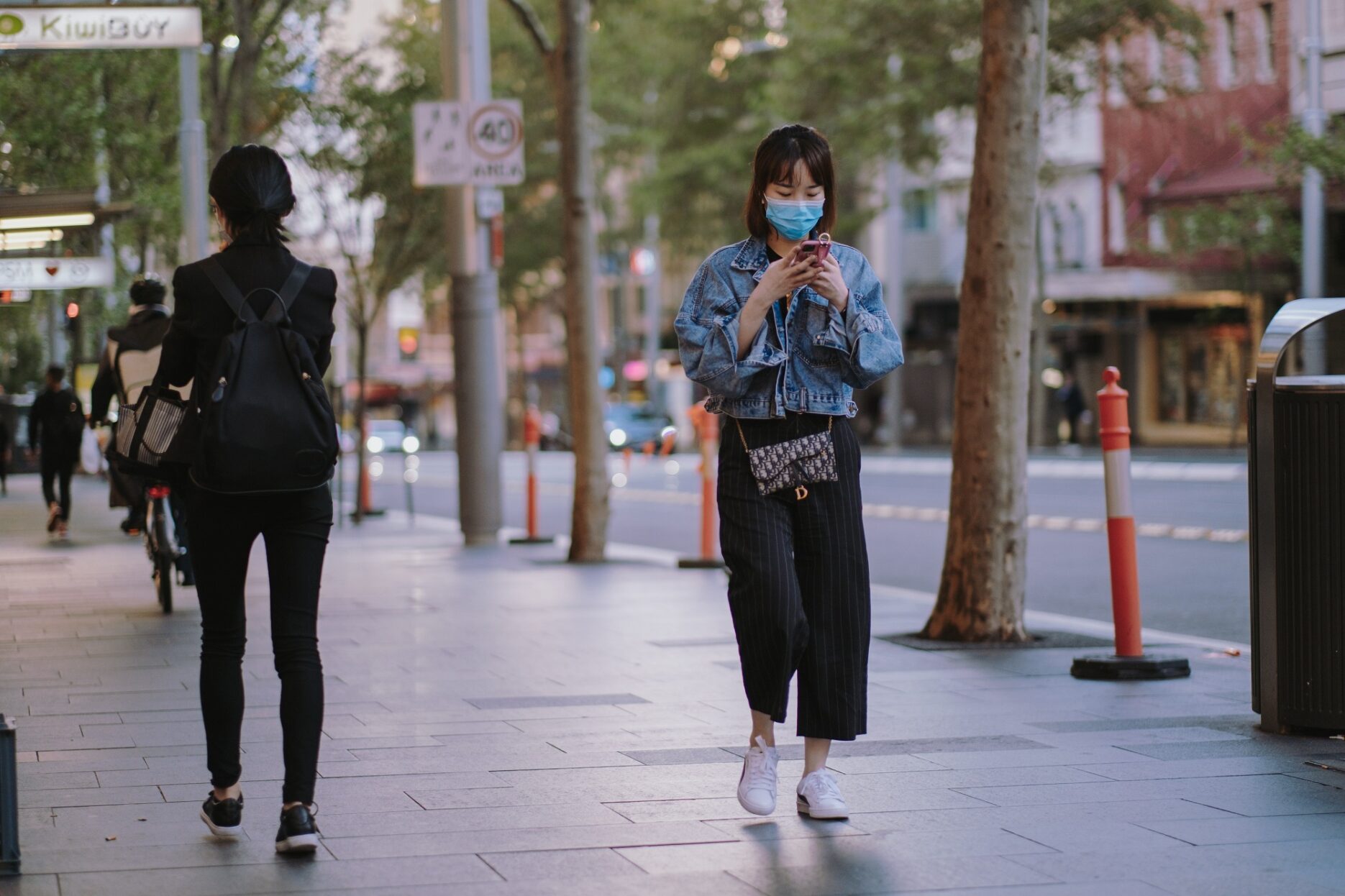Major cities across China are beginning to pull back on some of their strictest COVID measures following a week-long wave of anti-lockdown protests nationwide. In the past few days, cities including Beijing, Shanghai, Zhejiang, Shandong, Henan and Xinjiang have begun to loosen COVID controls.
The financial hub of Shanghai, which underwent a harrowing two-month lockdown earlier this year, has scrapped PCR testing requirements to enter outdoor public venus from parks to public transportation and other tourist attractions. According to a statement revealed by local authorities, these new measures will “continue to be optimised and adjusted” in accordance with national policy as well as the local situation.
Meanwhile, in Hangzhou, testing requirements were also dropped to enter most public venues and tests will no longer be required to purchase certain medicine. On the morning of December 6, some Chinese netizens discovered that the 3-day countdown to Hangzhou’s health code was removed entirely and that the entry report on the homepage showed that it had been suspended. On the Chinese microblogging platform Weibo, the hashtag “Hangzhou Health Code Nucleic Acid Countdown Canceled” has garnered a whopping 81.9 million views.
While the loosening of some of these restrictions portrays the latest COVID variant to be less severe, it is still unclear whether or not life in China will fully reopen and return to normal life. Currently, analysts warn that a loosening of COVID controls could very well lead to a resurgence of infections and continue to suppress economic activity. As such, this has fuelled a mix of relief and worry as the public waits to see the potential health consequences of the country’s COVID exit strategy.
Such worries, however, have not dampened the spirit of Chinese citizens, who celebrated the removal of testing booths and other measures as a partial victory and the “beginning of the end” of China’s stringent zero-COVID policy. As of Monday, December 5, China has reported 28,062 new COVID infections, down from 30,014 cases a day earlier.









